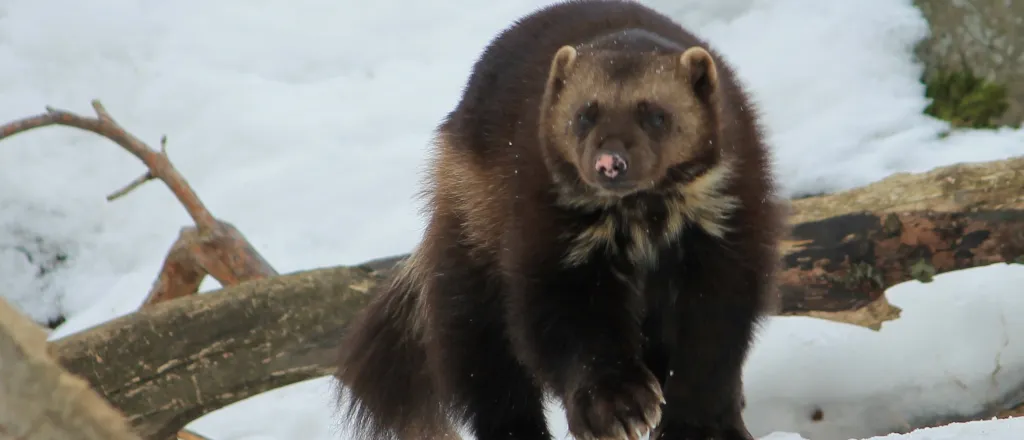
Lawmakers could continue re-wilding Colorado with wolverine bill
Click play to listen to this article.
(Colorado News Connection) Colorado may soon welcome back wolverines, an animal with a reputation for its ferocity and strength nearly wiped out by trapping, poisoning and habitat loss in the early 20th century.
Last week, lawmakers introduced Senate Bill 24-171, which if passed would kickstart the process of reintroducing the carnivore as soon as 2026.
Michael Saul, Rockies and Plains program director with Defenders of Wildlife, said wolverines are native to Colorado, but just 300 or so remain in the entire lower 48, and that the Rocky Mountains may offer the best chance for their long-term survival.
"Because of the height and climate of the high Colorado mountains, Colorado is one of the best places for holding onto deep snow through the 21st century," Saul explained.

Colorado Capitol Building Denver © iStock - kuosumo
Wolverines rely on hard-packed snow at high elevations throughout the winter to store food and dig dens to raise their young, and Saul noted that stress from shrinking snowfall has led to a decline in mating numbers. Not to be confused with the similarly named wolves, wolverines are a member of the weasel family and weigh between 18 and 40 pounds.
The animal was listed as threatened under the Endangered Species Act in 2023 largely due to loss of habitat to climate change. The bill includes compensation to ranchers for any loss of livestock, but Saul said there have only been two known attacks in the past century worldwide.
"A wolverine would much rather find a deer, elk or moose that had been killed by an avalanche, and scavenge the frozen corpse, than try and hunt a sheep," he said.
Wolverines are tenacious scavengers. Their back molar teeth are turned sideways, an adaptation that allows them to tear into and crush frozen meat and bones. They can smell prey beneath 20 feet of snow, and the ferocious critter has been known to fight off animals many times their size.
"There are stories from the 19th century trappers and mountain men of wolverines picking a fight with a grizzly bear over an elk carcass, " Saul said.

















